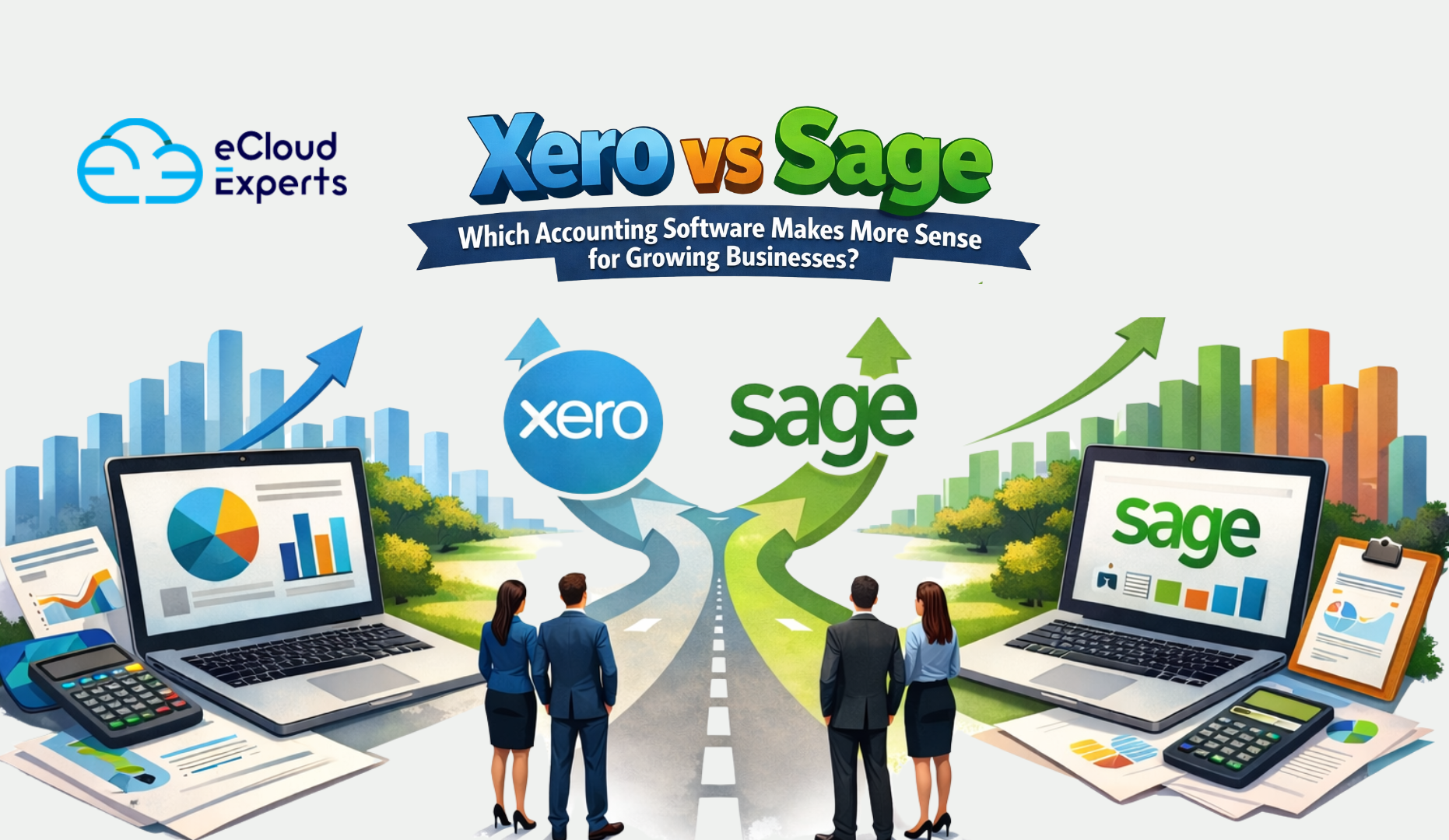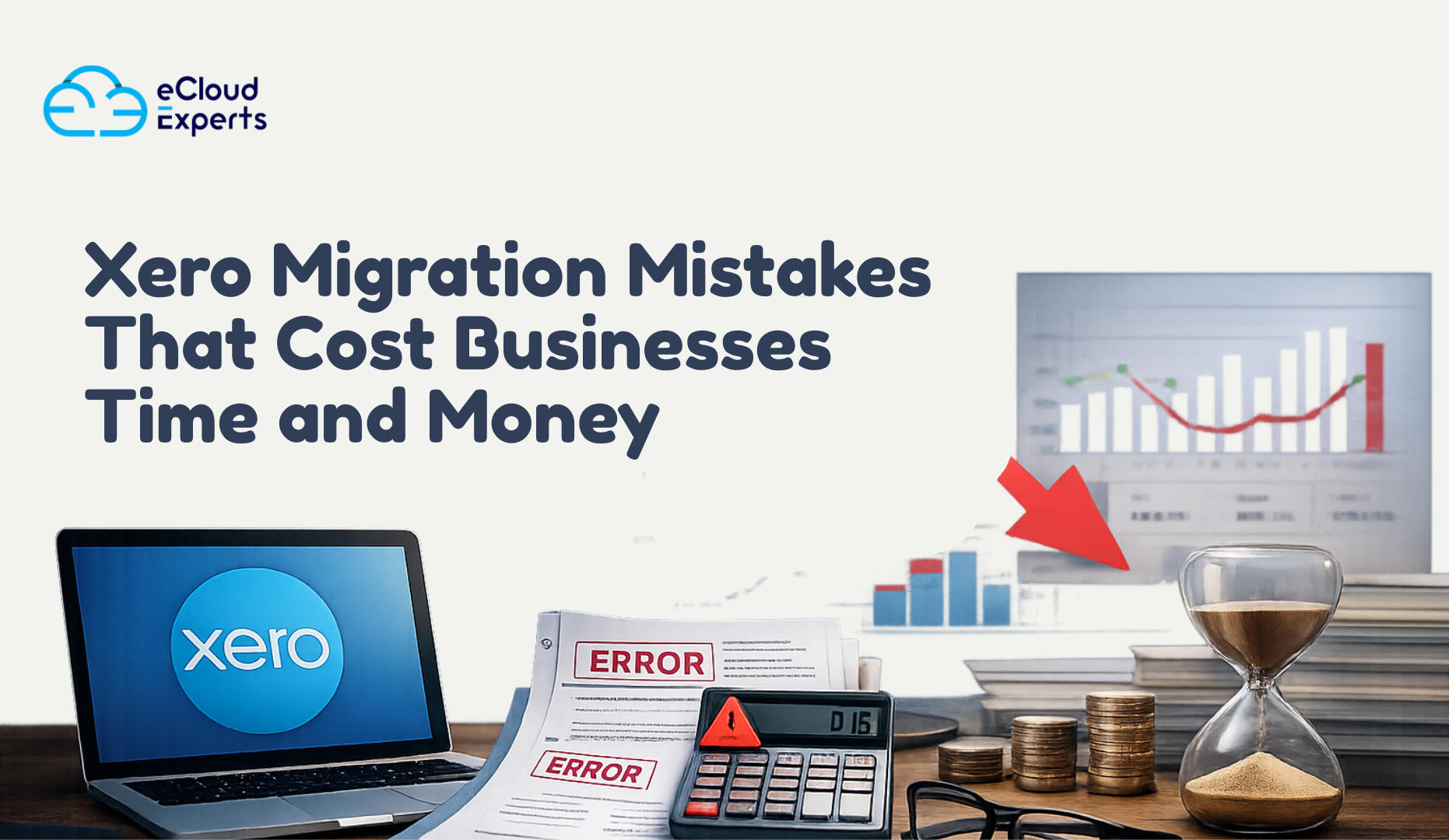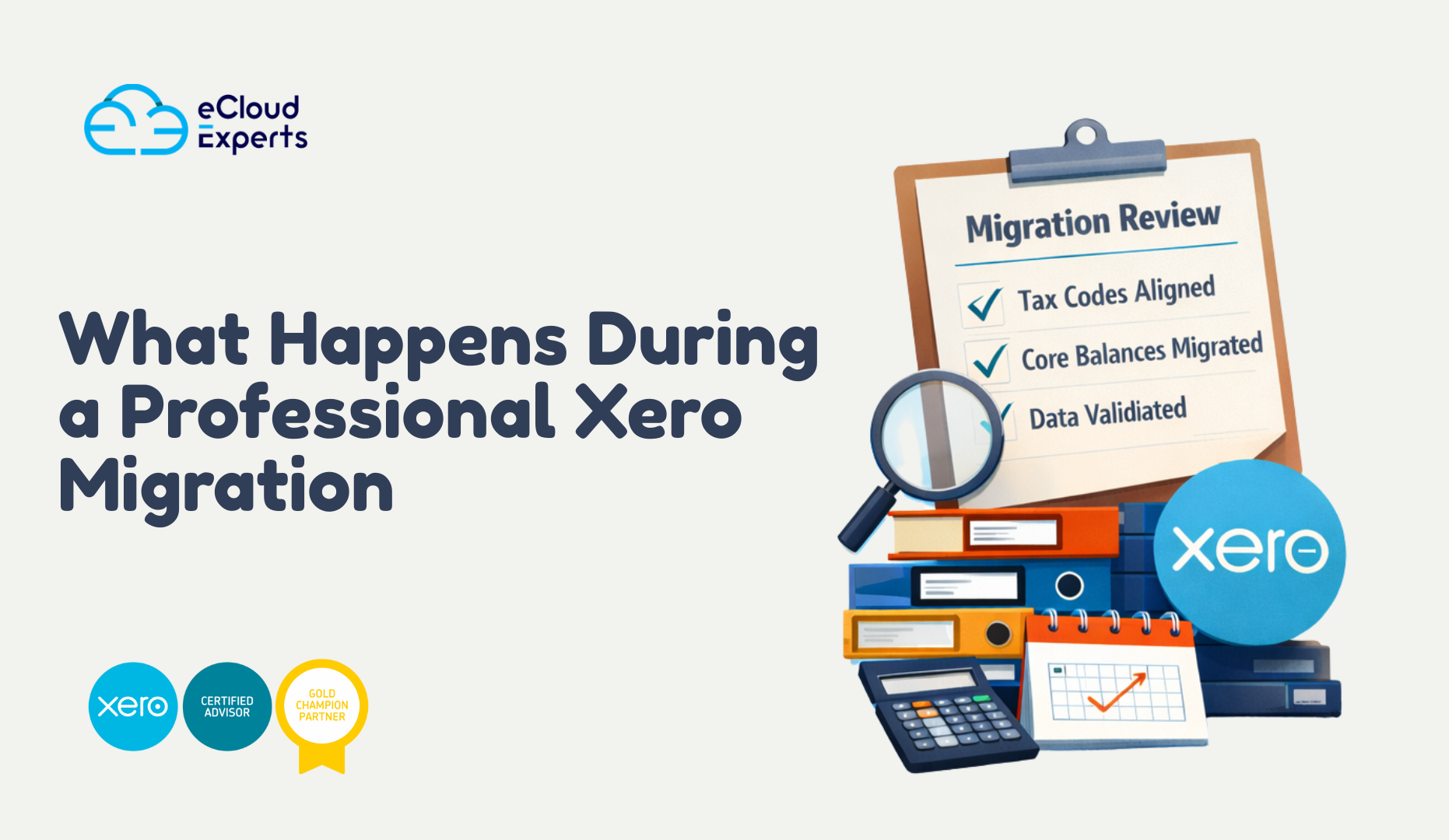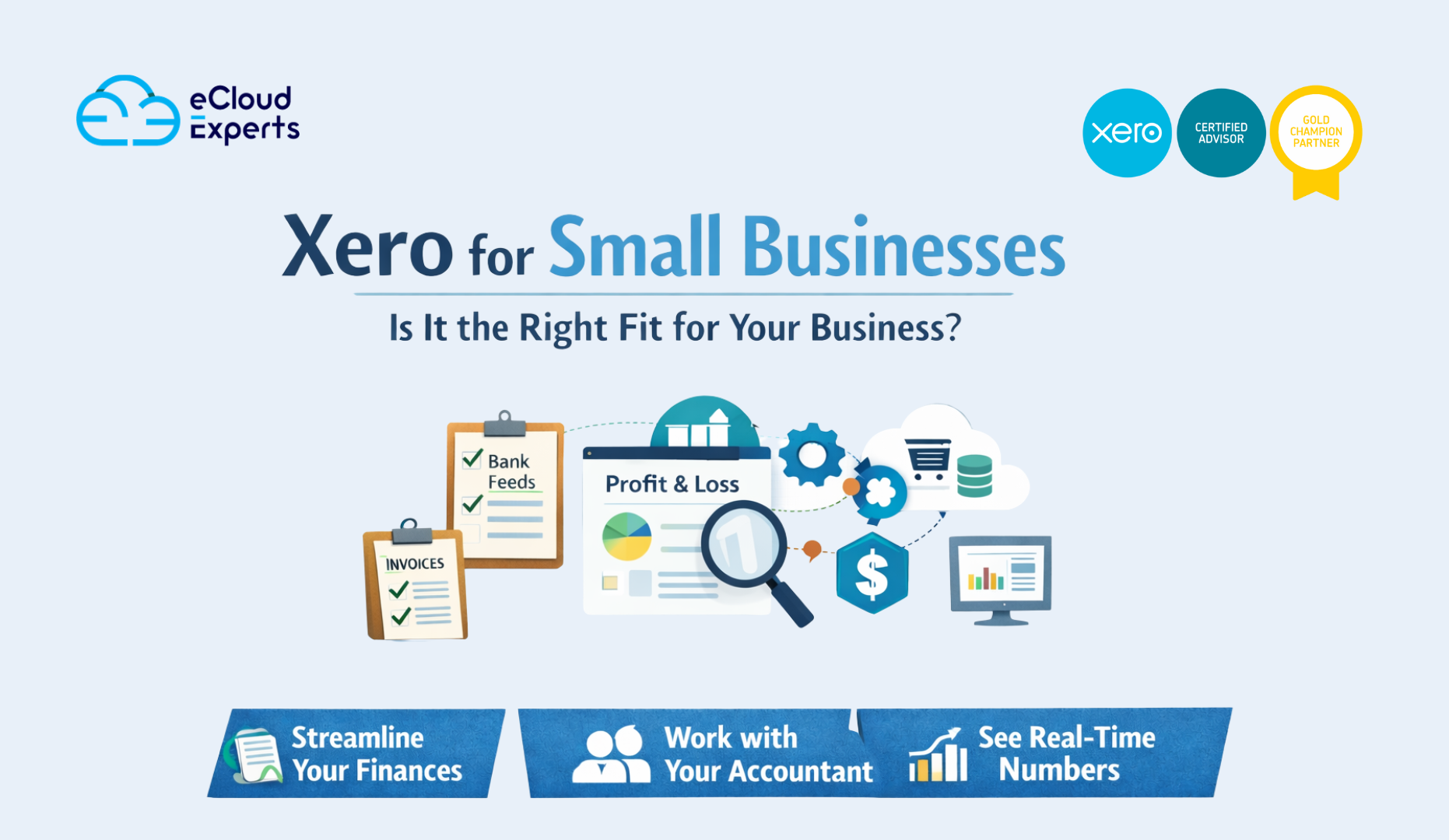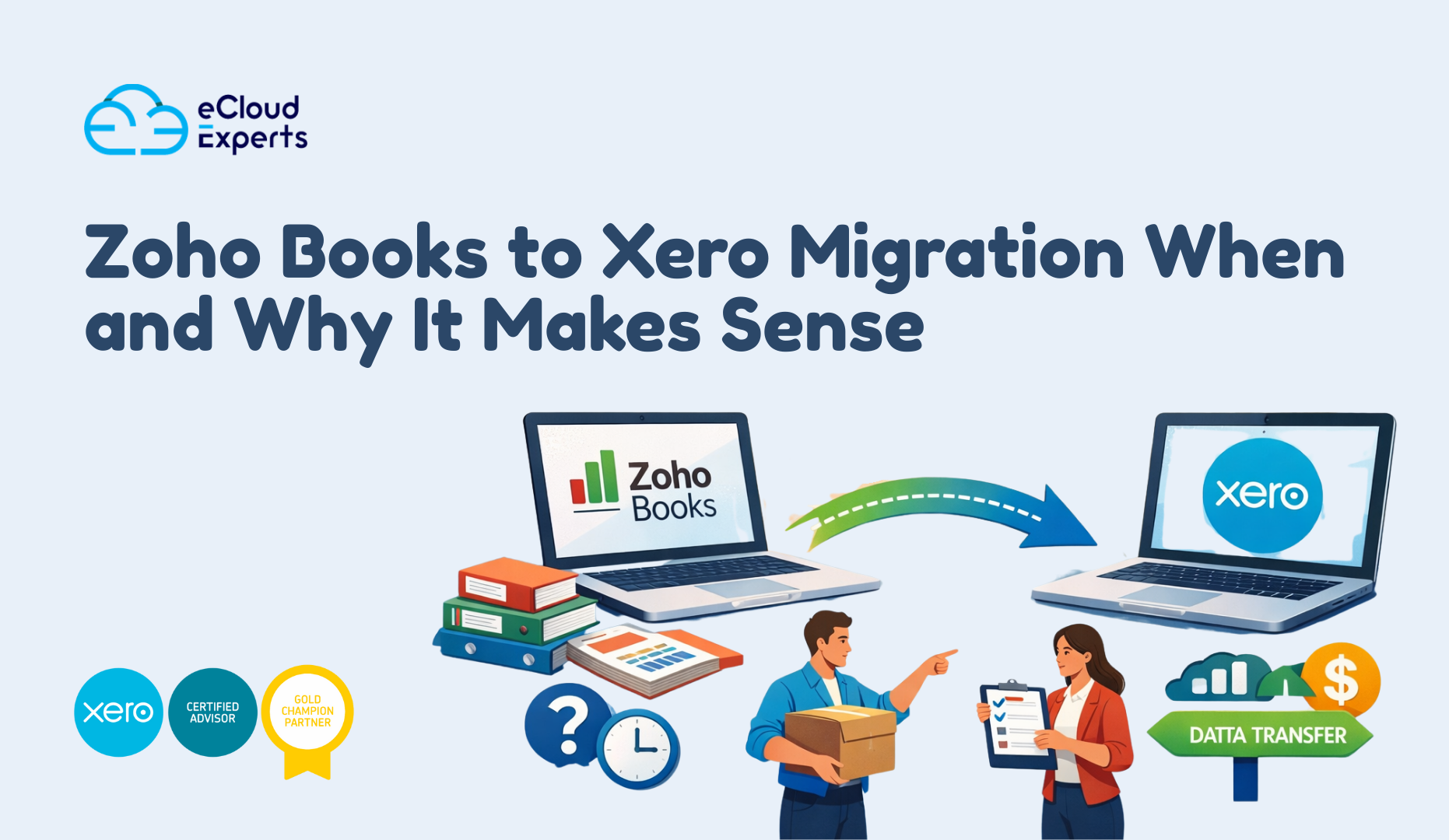Thinking of Moving from Odoo to QuickBooks Online? Read This First!
The promise of QuickBooks Online can be enticing, but the journey from Odoo can be fraught with challenges. Migrating financial data isn’t just about exporting and importing files—it requires precision, planning, and expertise to ensure data integrity. Missteps can lead to lost transactions, misaligned accounts, or even compliance issues.
If you’re considering an Odoo to QuickBooks Online conversion, understanding the potential pitfalls and best practices can save you time, money, and frustration. Let’s explore the common challenges businesses face and how to overcome them effectively.
Why Convert from Odoo to QuickBooks Online?
Odoo is a powerful ERP system, but many businesses find QuickBooks Online a better fit for streamlined accounting. Here’s why companies make the switch:
- Ease of Use: QuickBooks Online offers a user-friendly interface compared to Odoo’s complex ERP system.
- Cost Efficiency: QuickBooks is often more affordable for small to mid-sized businesses.
- Scalability: QuickBooks Online integrates seamlessly with many third-party apps, providing businesses with enhanced automation.
- Cloud Accessibility: QuickBooks Online allows real-time access to financial data from anywhere, making it ideal for remote teams.
- Better Compliance: QuickBooks Online meets local tax and accounting regulations, reducing compliance risks.
However, while QuickBooks Online provides many benefits, transitioning from Odoo isn’t always straightforward. Businesses must be aware of the common migration challenges to ensure a seamless switch.
Common Challenges in Odoo to QuickBooks Online Conversion
Data Mapping and Accuracy
Ensuring that financial data aligns between Odoo and QuickBooks is crucial. Mismatches can lead to incorrect financial reports and compliance issues. For example, Odoo allows custom account structures, whereas QuickBooks operates within a predefined framework. This difference can result in misclassified transactions, which may impact tax filings and financial statements.
Solution: Before migration, businesses should map Odoo’s data structure to QuickBooks, ensuring all financial categories align correctly.
Chart of Accounts Discrepancies
Odoo’s customizable chart of accounts structure doesn’t always align with QuickBooks’ predefined categories. This mismatch can cause errors in financial reporting, leading to discrepancies in profit and loss statements.
Solution: Businesses should review and reorganize their chart of accounts before migration. If needed, work with an expert to ensure proper alignment.
Transaction Data Migration Complexities
Sales, purchases, invoices, and expenses must be correctly transferred without duplication or loss of historical records. Additionally, Odoo’s multi-currency support may not always translate well into QuickBooks, requiring adjustments.
Solution: Conduct a test migration with a subset of data to identify any discrepancies before completing a full migration.
User and Access Management
Migrating user roles and permissions from Odoo to QuickBooks can be tricky, as both platforms have different access control structures. Incorrectly assigned roles can lead to unauthorized access or restricted functionalities.
Solution: Assign new roles within QuickBooks post-migration, ensuring the appropriate level of access for each user.
Potential for Data Loss or Corruption
Improperly executed migrations can result in missing or corrupted data, affecting financial accuracy and decision-making. Incomplete data transfers may also lead to compliance risks if financial records are not fully migrated.
Solution: Always back up data before migration and validate all records post-transfer to ensure completeness and accuracy.
How to Overcome These Conversion Challenges
1. Strategic Planning and Preparation
A successful migration starts with a clear plan. Identify key data points that need to be transferred and clean up unnecessary or outdated information beforehand. Define goals for migration and determine whether a phased or full migration suits your business needs.
2. Leveraging Specialized Conversion Tools
Utilizing reliable migration tools can streamline data transfer, reducing the risk of errors or missing records. There are various third-party tools available that automate the conversion process while maintaining data integrity.
3. Thorough Data Cleansing and Validation
Ensuring all financial data is accurate and formatted correctly before initiating the migration process prevents post-migration issues. Conducting a pre-migration audit will help eliminate duplicate records, missing entries, and inconsistent data.
4. Phased Migration Approach
Rather than transferring all data at once, consider a phased migration. Start with historical data before moving onto real-time transactions to minimize disruptions. This allows businesses to troubleshoot issues without interrupting ongoing operations.
5. Post-Migration Review and Reconciliation
Once the migration is complete, conduct a thorough review. Compare financial reports from both systems to ensure accuracy. Check balances, invoices, and customer data to verify that everything has transferred correctly. If discrepancies arise, address them promptly before finalizing the transition.
Ensuring a Smooth Transition with Expert Guidance
Migrating from Odoo to QuickBooks Online requires expertise to avoid costly mistakes. eCloud Experts specialize in seamless Odoo to QuickBooks conversions, ensuring data integrity and minimizing disruptions. With a team experienced in handling complex data migrations, eCloud Experts provide tailored solutions that align with your business needs.
Why Choose eCloud Experts?
- Experience: Years of expertise in Odoo and QuickBooks migration.
- Accuracy: Ensuring data integrity with meticulous validation processes.
- Efficiency: Streamlined migration to minimize downtime and disruptions.
- Security: Safe handling of financial records to prevent data loss.
Whether you’re a small business or a large enterprise, having a professional migration team can make all the difference. eCloud Experts help you transition seamlessly, ensuring that your financial data is accurately mapped and reconciled post-migration.
Conclusion: Making Your Odoo to QuickBooks Online Conversion a Success
Migrating financial data doesn’t have to be overwhelming. By understanding potential challenges and following best practices, businesses can ensure a smooth transition. Whether handling the migration internally or seeking expert assistance, careful planning and execution are key to success.
A successful migration means more than just moving data—it ensures that your financial operations remain accurate and compliant. If you’re ready to migrate from Odoo to QuickBooks Online without the hassle, reach out to eCloud Experts today for professional guidance and support. With the right strategy and expert assistance, your transition will be smooth and stress-free.



